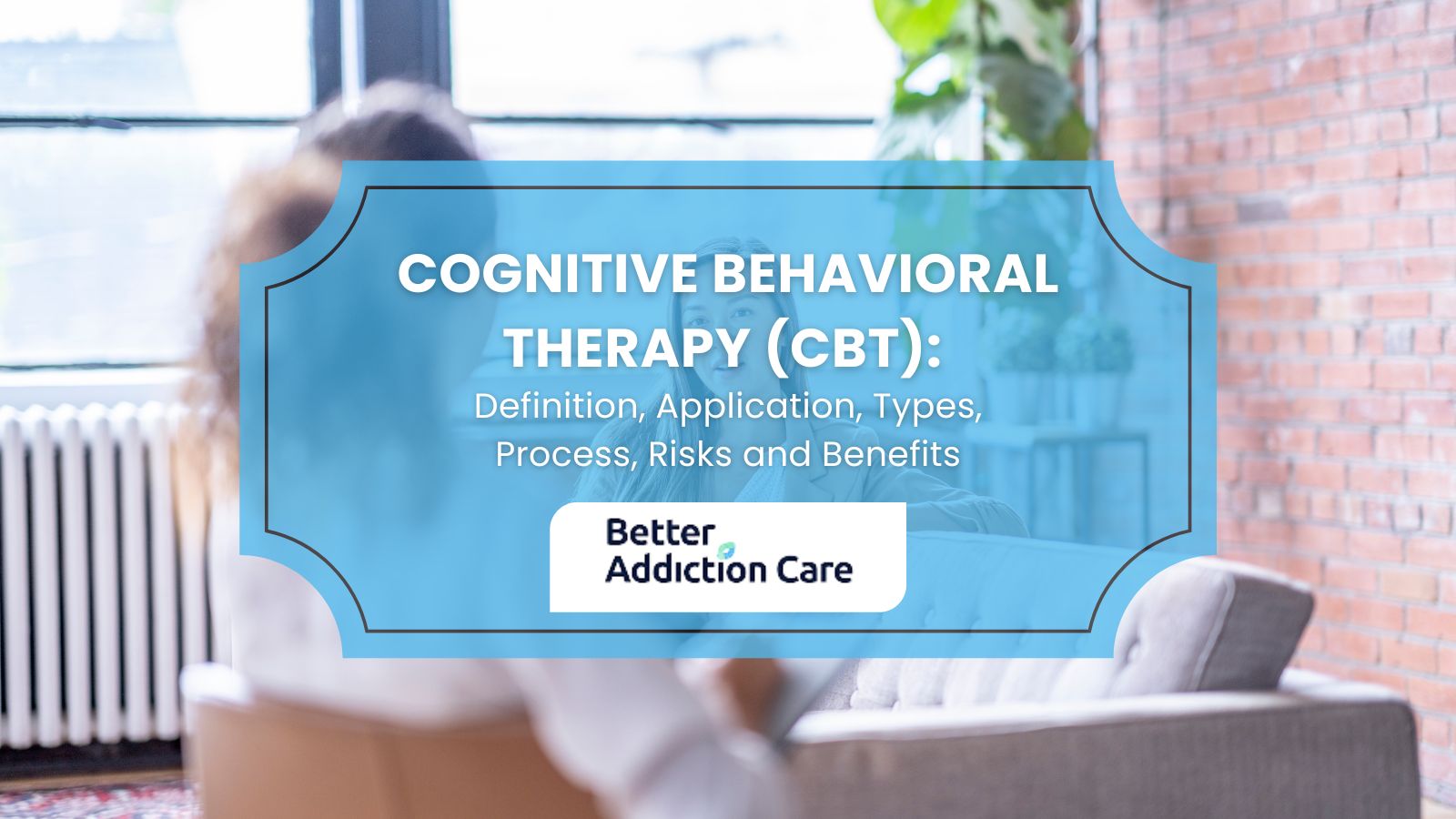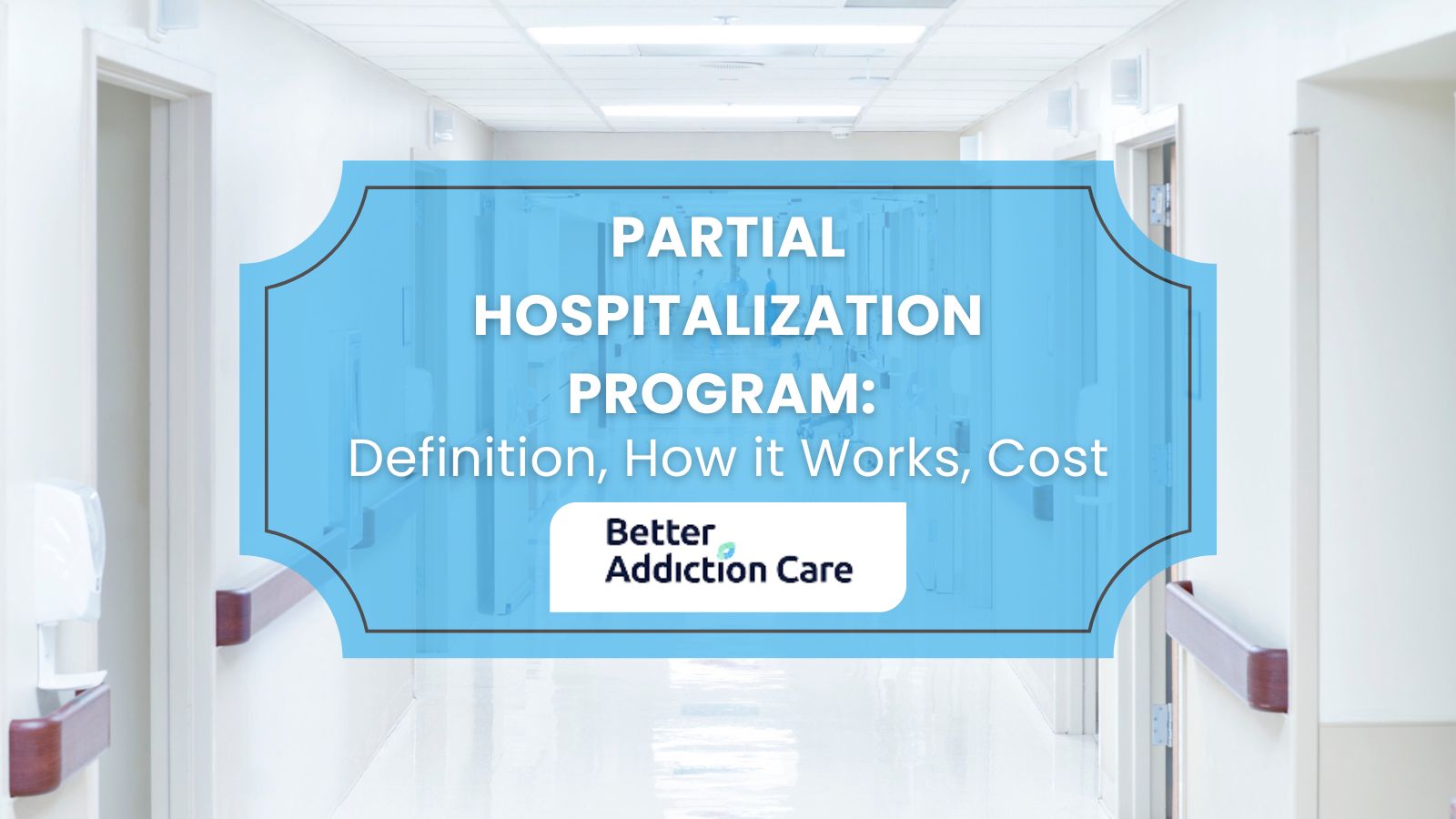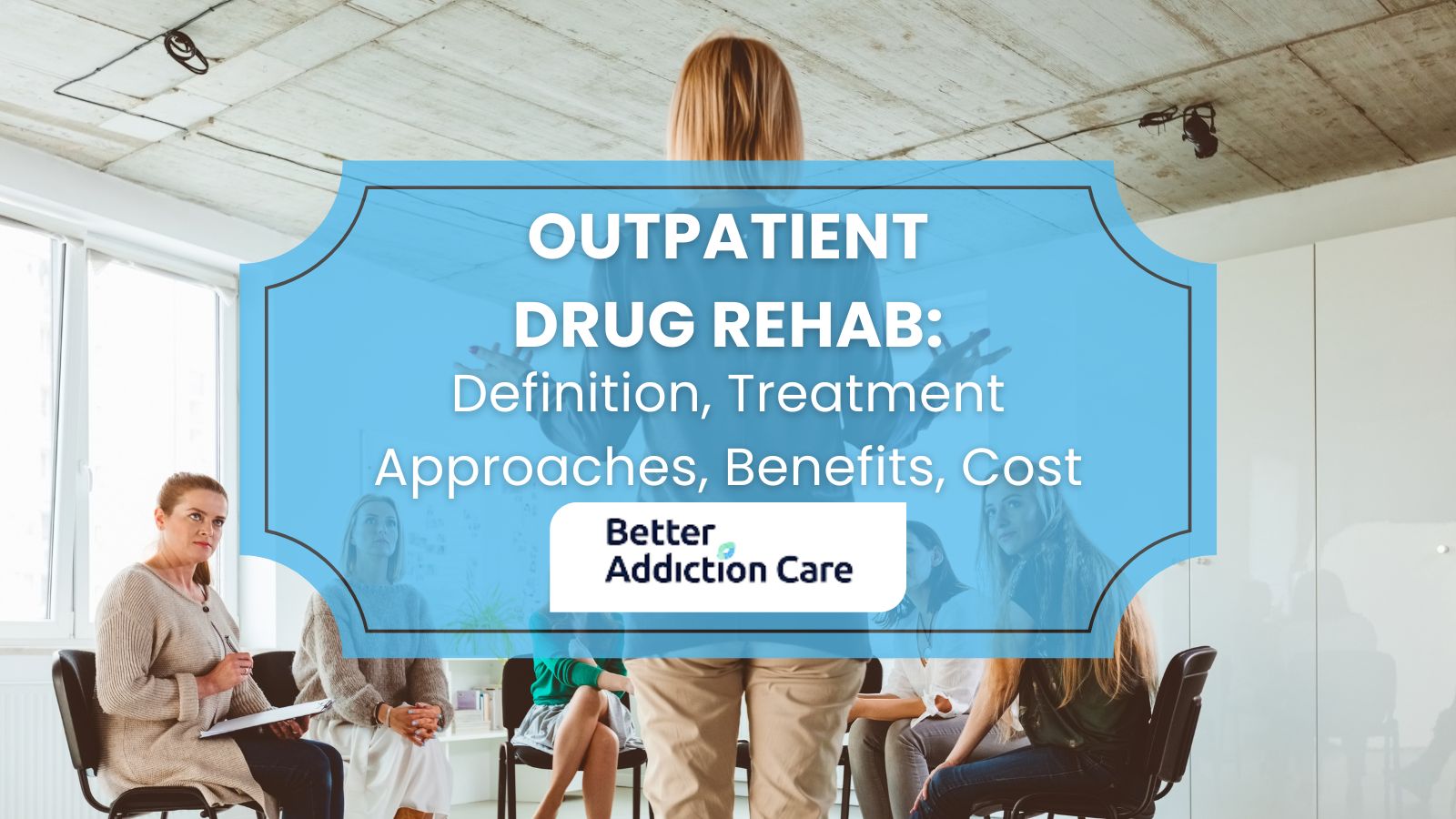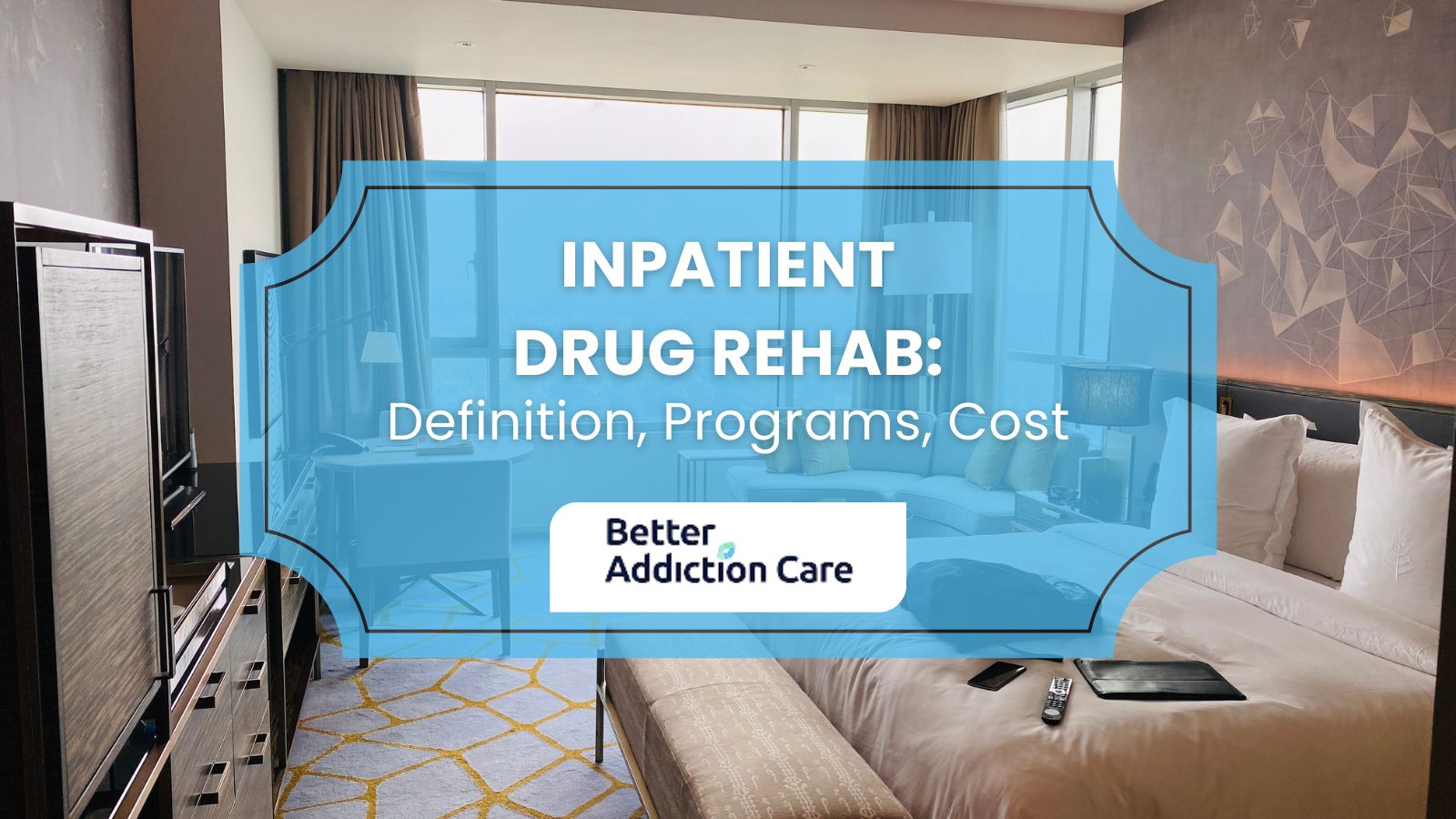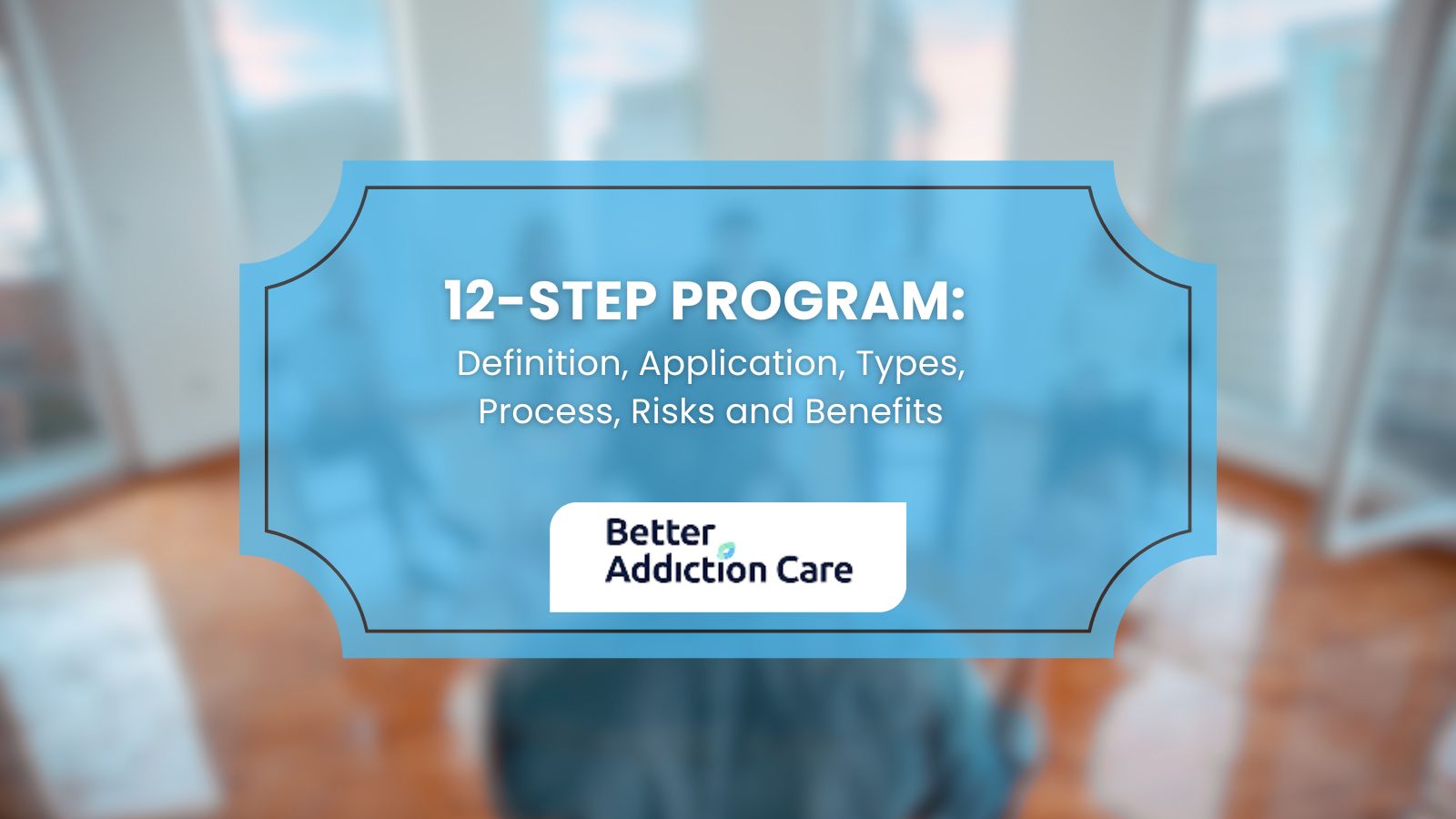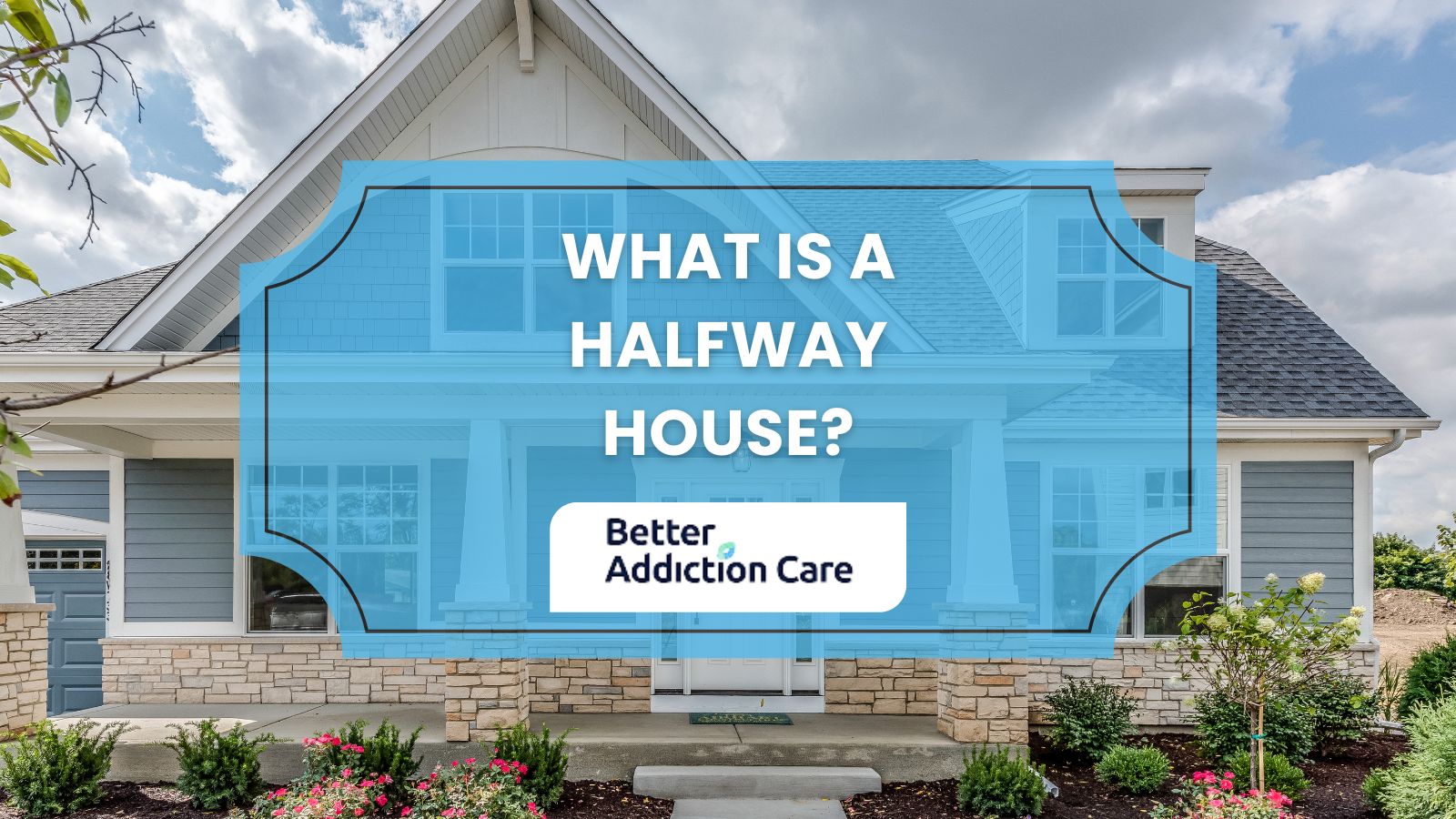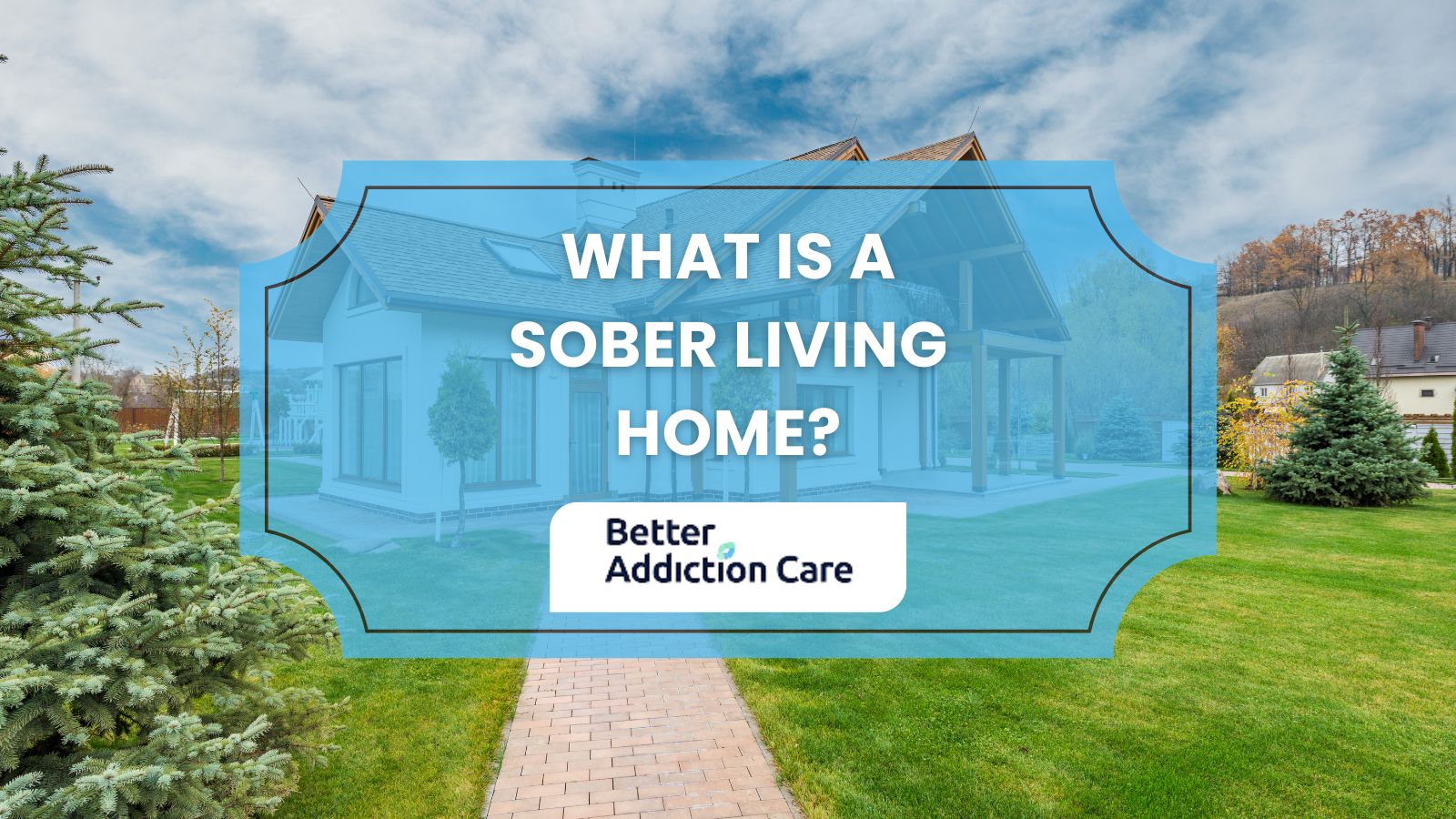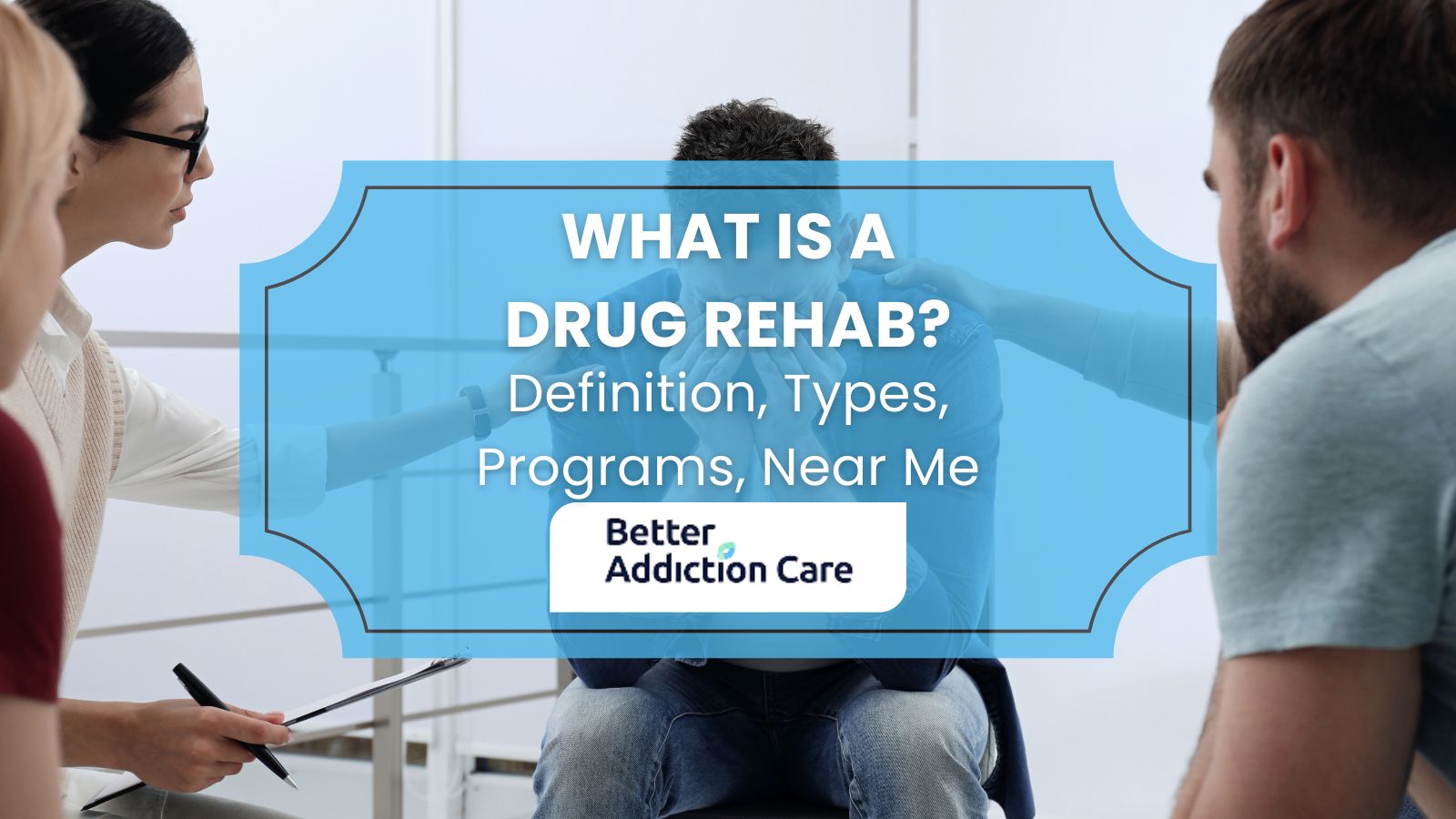
Overview
Lighthouse 445 County Road 773 is a substance abuse treatment center for people seeking treatment near Cullman County. As part of their treatment modalities for recovery, Lighthouse 445 County Road 773 provides cognitive behavioral therapy, substance use disorder counseling, and trauma-related counseling during treatment. Lighthouse 445 County Road 773 is located in Cullman, Alabama, accepting cash or self-payment for treatment.
Lighthouse 445 County Road 773 at a Glance
Payment Options
- Cash or self-payment
- Federal, or any government funding for substance use treatment programs
Assessments
- Outreach to persons in the community
- Comprehensive substance use assessment
Age Groups
- Young adults
- Adults
- Seniors
Ancillary Services
- Case management service
Highlights About Lighthouse 445 County Road 773
6.74/10
With an overall rating of 6.74/10, this facility has following balanced range of services. Alcohol Rehabilitation: 8.00/10, Drug Rehab and Detox: 6.00/10, Insurance and Payments: 6.00/10, Treatment Options: 6.97/10.-
Alcohol Rehabilitation 8.00
-
Treatment Options 6.97
-
Drug Rehab and Detox 6.00
-
Insurance and Payments 6.00
Accreditations
State mental health department:
State mental health department accreditation refers to the process of evaluating and certifying the quality and standards of a state's mental health department, ensuring that it provides high-quality services and meets specific criteria for mental health care. The accreditation process is performed by a third-party organization and helps to improve the overall care and treatment of individuals with mental health conditions.
Treatment At Lighthouse 445 County Road 773
Treatment Conditions
- Alcoholism
- Substance use treatment
Care Levels
- Hospital inpatient treatment
- Long-term residential
- Aftercare
- Halfway house
Treatment Modalities
- Cognitive behavioral therapy
- Substance use disorder counseling
- Trauma-related counseling
- Group counseling
- 12-step facilitation
Ancillary Services
Additional Services
- Pharmacotherapies administered during treatment
- Mentoring/peer support
- Drug or alcohol urine screening
Special Programs
- Clients with co-occurring mental and substance use disorders
- Criminal justice (other than DUI/DWI)/Forensic clients
- Clients who have experienced trauma
- Clients with co-occurring pain and substance use disorders
Contact Information
Read our Most Recent Article About Drug Addiction
DISCLAIMER: The facility name, logo and brand are the property and registered trademarks of Lighthouse 445 County Road 773, and are being used for identification and informational purposes only. Use of these names, logos and brands shall not imply endorsement. BetterAddictionCare.com is not affiliated with or sponsored by Lighthouse 445 County Road 773.
